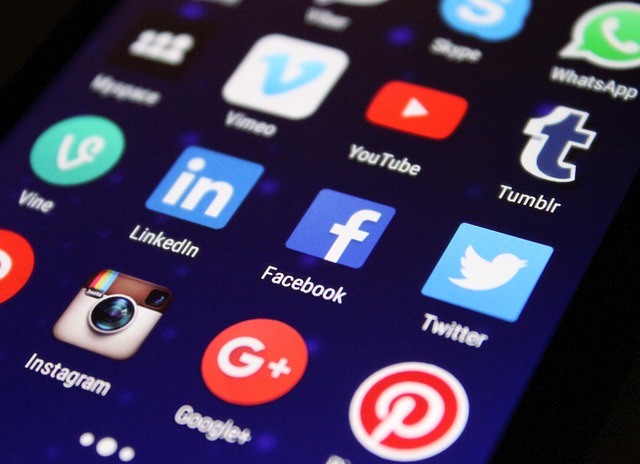In today’s digital landscape, the role of influencers and social responsibility has never been more significant. With the rise of social media, influencers have established themselves as authority figures, shaping opinions and driving social change. As they navigate the complexities of technology etiquette, they carry a unique responsibility to use their platforms wisely, promoting positive behaviors and adhering to ethical standards.
The advent of platforms like Instagram, TikTok, and YouTube has given birth to a new breed of celebrities—individuals who command substantial followings through relatable content and promotional partnerships. However, with great power comes great responsibility. Influencers hold sway over their audiences, especially the younger demographics that are particularly impressionable. As such, every post, every story shared, and every product endorsed can significantly impact societal values and norms.
As discussions around social trends evolve, influencers are often at the forefront, highlighting issues such as mental health, body positivity, environmental awareness, and social justice. Their ability to spark conversation and raise awareness about these topics makes them vital players in promoting social responsibility. By aligning themselves with causes that resonate with their audience, influencers can inspire action—encouraging their followers to get involved in meaningful ways.
However, their influence also comes with challenges. The pressure to maintain a curated online image can lead to ethical dilemmas where influencers may feel tempted to compromise their values for sponsorship deals or follower counts. As audiences grow more discerning, the demand for authenticity increases. Influencers must navigate this delicate balance, emphasizing transparency while staying true to their message. Failing to do so can result in backlash and a loss of credibility, demonstrating the importance of genuine engagement.
Additionally, as technology advances, so does the expectation for influencers to practice proper etiquette in their online interactions. The digital space can be rife with negativity, from cyberbullying to misinformation. Influencers have the opportunity to combat these issues by promoting a culture of kindness and respect within their communities. When they model positive online interactions, they not only enhance their own reputation but also encourage their followers to engage constructively with others.
Younger generations are watching, and their expectations of influencers extend beyond entertainment. As they become increasingly aware of the significance of social responsibility, they seek out channels and individuals that align with their values. Influencers who address and support vital issues earn their trust and loyalty. In this way, influencers can become catalysts for change, turning their platforms into spaces that advocate for a better, more inclusive society.
Ultimately, the fusion of influencers and social responsibility reflects the growing recognition that social media can be a powerful tool for good. As influencers embrace their roles and leverage their influence for positive impact, they not only redefine their personal brands but also contribute to shaping a more socially responsible digital landscape.




